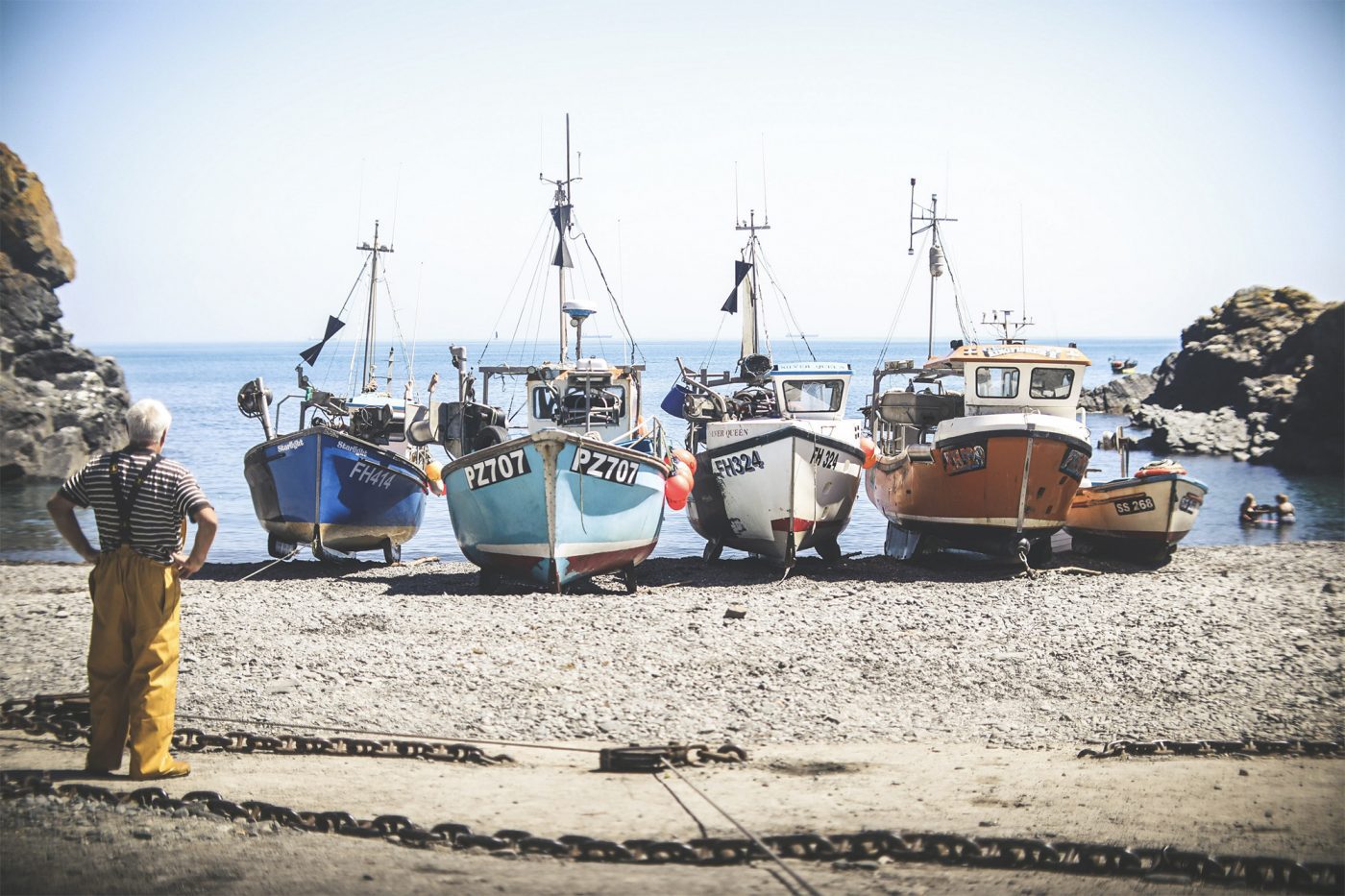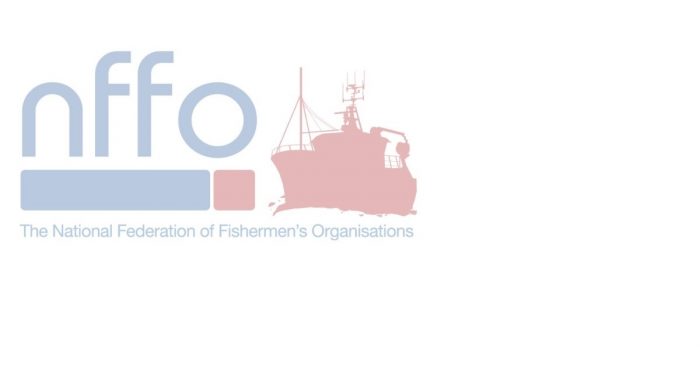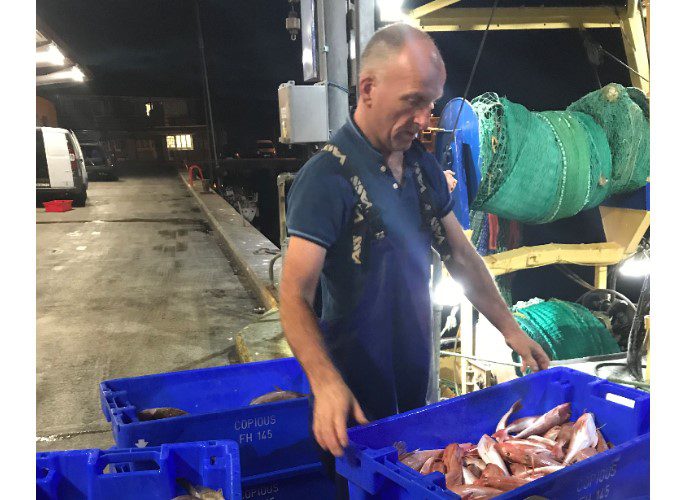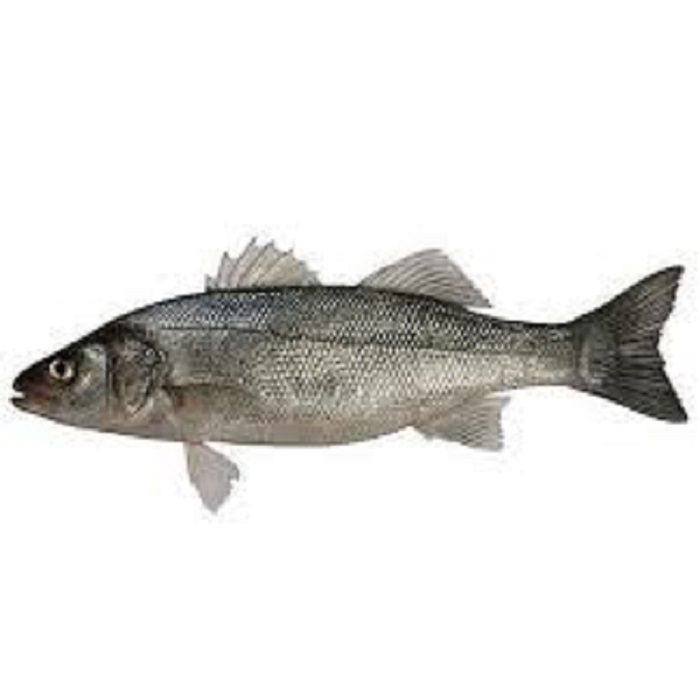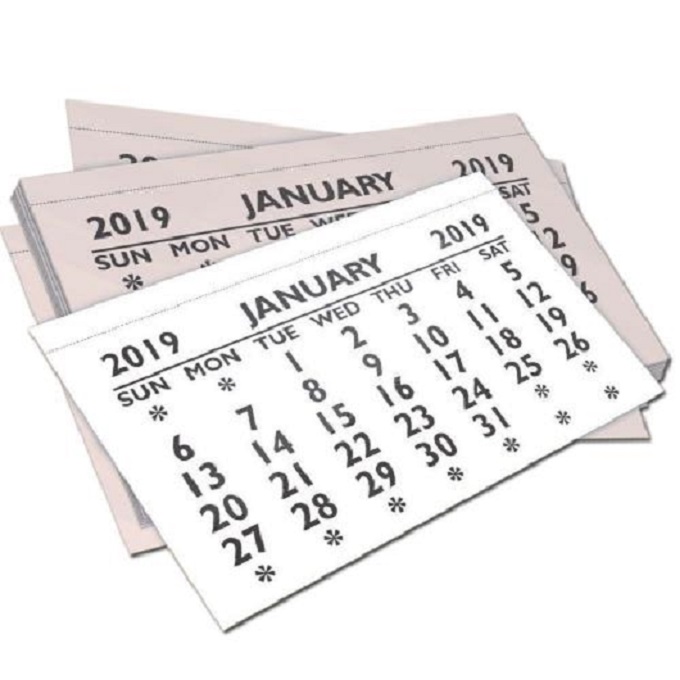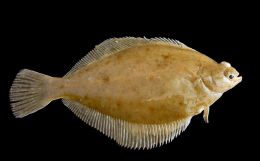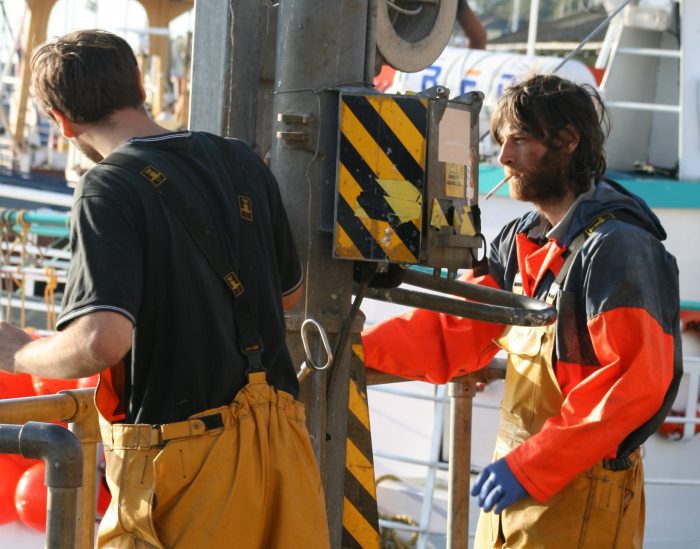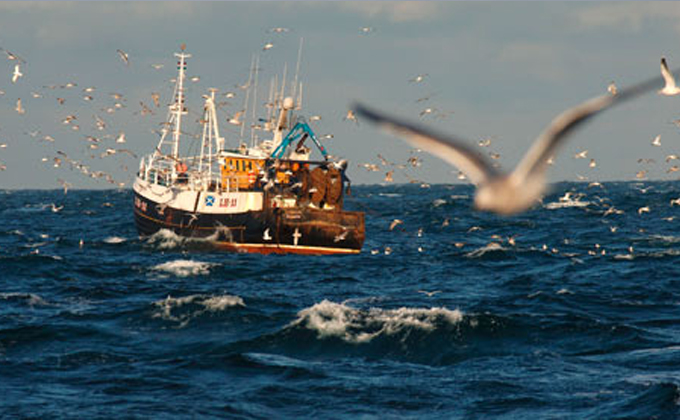One of the benefits of leaving the Common Fisheries Policy will be the potential to rethink and redesign the landing obligation. Initially the industry will continue to work under EU retained law, but after 1st January there will be scope to redesign and implement new arrangements tailored to the conditions in UK fisheries. Both Defra and the NFFO have begun work to identify deficiencies in the EU landing obligation and how these could be addressed to inform a more effective and workable UK discard policy. The contents of this paper were discussed at a recent Defra/MMO/NFFO landing obligation forum.

